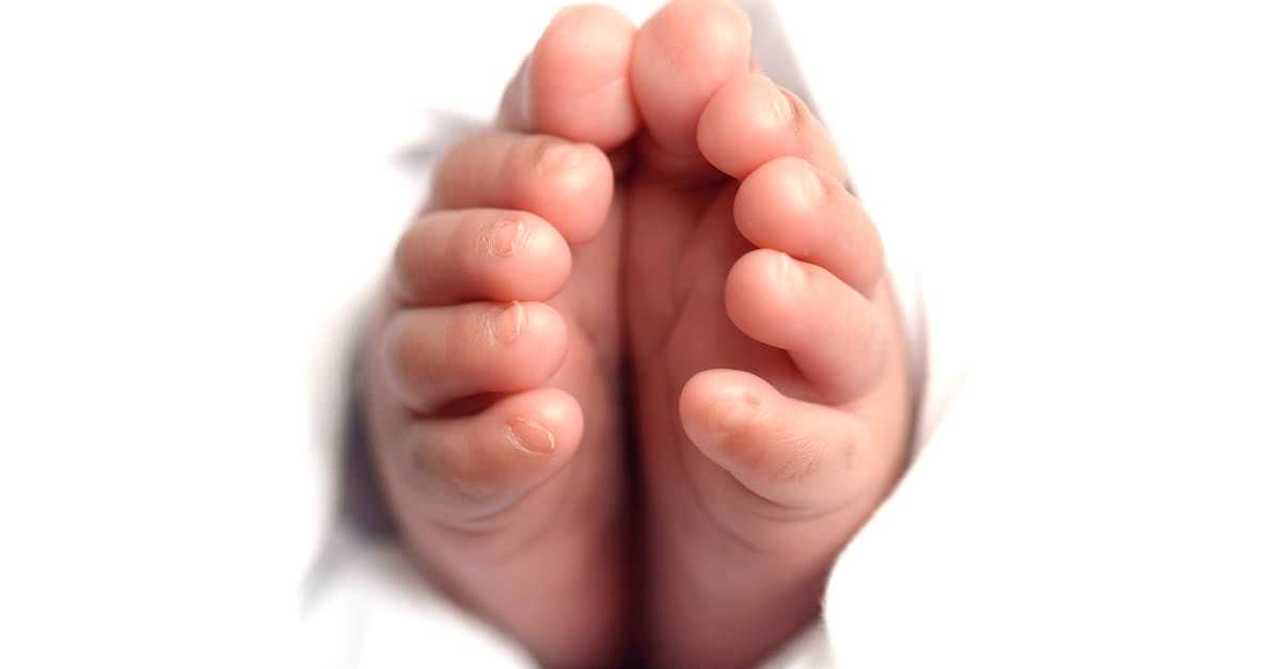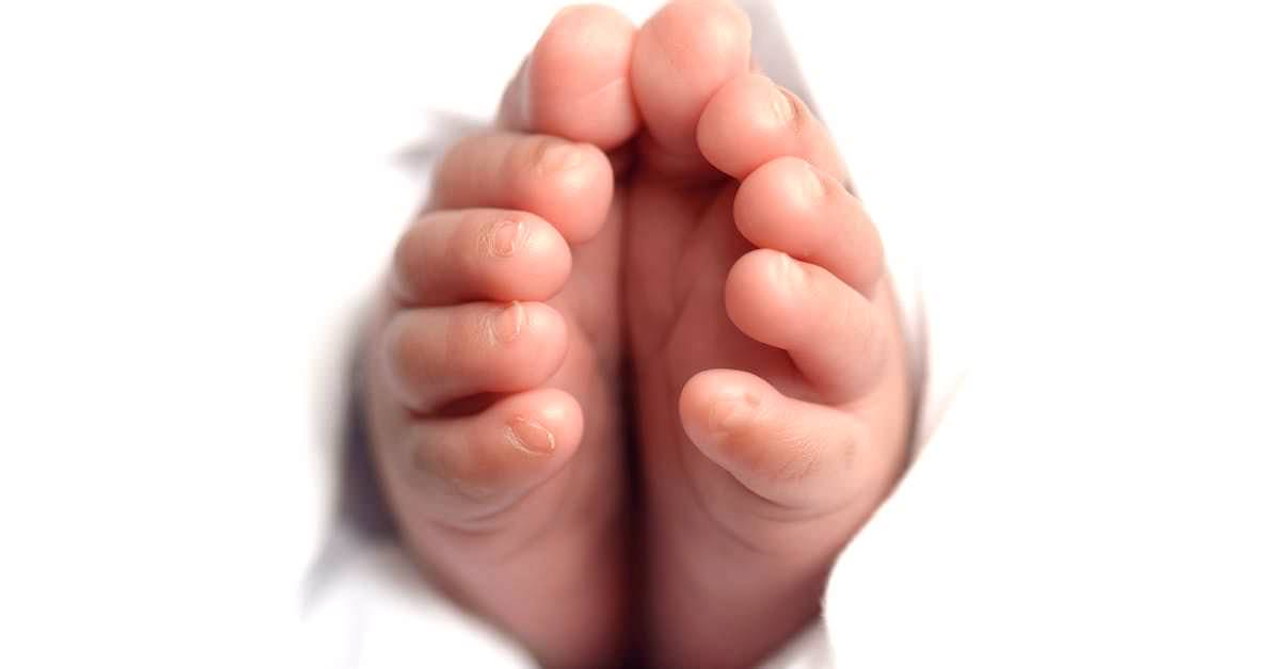Hydration is an important part of living a healthy lifestyle. Drinking enough water not only helps regulate body temperature and digestion, but it also keeps your skin healthy and glowing. Furthermore, staying hydrated can improve brain function and energy levels. Many people, however, do not drink enough water on a regular basis, which can result in dehydration and a variety of negative health effects. You can help ensure that you are living a healthy and fulfilling life by understanding the importance of hydration and making a conscious effort to drink enough water.
The Role of Hydration in a Healthy Life

Hydration is an essential part of keeping the human body healthy. Water is critical for many physiological functions in the body. It aids in the transport of nutrients, the regulation of body temperature, and the elimination of waste products. Water is also necessary for proper digestion, joint lubrication, and skin health.
Dehydration can lead to serious health problems like kidney stones, constipation, and even heat stroke. Consuming enough fluids to maintain proper hydration levels in the body is therefore critical. Individual factors such as age, weight, gender, and activity level influence the amount of water required.
It's also worth noting that drinking water isn't the only way to replenish fluids in the body. Consuming high-water-content fruits and vegetables, such as watermelon, cucumber, and oranges, is another effective way to stay hydrated. During a physical workout or activity, drinking sports drinks or coconut water is also beneficial.
To summarize, proper hydration is critical for overall health. Drinking plenty of water and eating water-rich foods are essential for keeping the body running smoothly. So, drink plenty of water throughout the day, especially during periods of physical exertion.
Benefits of Drinking Enough Water

Water is necessary for life, and it has numerous health benefits. It regulates our body temperature, hydrates our cells, and flushes out toxins. Water consumption is critical because it provides numerous health benefits, some of which are as follows:
1. Promotes Digestion
Drinking plenty of water aids digestion by easing bowel movements and preventing constipation. It also aids in the breakdown of food and the absorption of nutrients, which promotes a healthy digestive system.
2. Boosts Energy
Water is lost from our bodies through breathing, sweating, and digestion. Drinking enough water replenishes lost fluids and increases energy levels, allowing us to stay active throughout the day.
3. Aids Weight Loss
Water consumption can aid in weight loss by decreasing hunger and nutrient cravings. It also aids in the breakdown of fat cells and the removal of excess water weight from the body.
4. Enhances Skin Health
Drinking plenty of water keeps the skin hydrated, making it appear healthy and youthful. It also aids in the prevention of wrinkles, skin rashes, and other skin issues.
5. Maintains Kidney Function
Water is necessary for proper kidney function because it flushes the body's toxins and waste products. Drinking plenty of water also aids in the prevention of kidney stones and other kidney-related issues.
To summarize, adequate water consumption is critical for our overall health and well-being. It has numerous advantages that help with proper body function and prevent various health problems. To maintain a healthy lifestyle, it is necessary to drink at least 8-10 glasses of water per day.
Signs and Symptoms of Dehydration
Dehydration is a condition in which the body loses more fluids than it intakes. Dehydration can be caused by a variety of factors, including excessive sweating, vomiting, diarrhea, and diabetes, but it is most commonly caused by insufficient fluid intake. Some common signs and symptoms of dehydration include:
Thirst and Dry Mouth
Thirst is one of the first signs of dehydration. When your body loses water, it sends a signal to your brain, which causes thirst, urging you to drink more fluids. Due to a lack of saliva production, the mouth may become dry and sticky as dehydration progresses.
Dark Urine
Dehydration can cause urine to appear darker than usual. With fewer fluids, the urine becomes more concentrated, giving it a darker yellow or amber color. Dehydrated people may also experience infrequent urination.
Fatigue and Dizziness
Dehydration can cause fatigue and dizziness as it progresses. A lack of fluids in the body can cause a drop in blood pressure, making you feel dizzy and lightheaded. Individuals suffering from severe dehydration may experience confusion, fainting, and a rapid heartbeat.
To summarize, dehydration is a serious condition that should not be ignored. It is critical to drink plenty of fluids and pay attention to your body's signals to avoid dehydration. If you suspect you are dehydrated, you should seek medical attention right away.
The Connection Between Hydration and Skin Health
It is critical to stay hydrated in order to maintain overall health and well-being. One of the many advantages of drinking enough water each day is that it improves skin health.
When the body is dehydrated, the skin can appear dray, dull, and less supple. This can exacerbate aging symptoms and make fine lines and wrinkles more visible. In contrast, adequate hydration can keep skin looking plump, hydrated, and youthful.
Drinking plenty of water aids in the removal of toxins from the body as well as the production of collagen, a protein that helps keep skin firm and elastic. Furthermore, staying hydrated can help to reduce the appearance of dark circles and puffiness around the eyes, giving the appearance of being more refreshed and rested.
Drinking plenty of water each day, using moisturizers, and avoiding excessive sun exposure are all important for maintaining healthy, hydrated skin. Skin will look and feel better if you pay attention to hydration.
How Hydration Improves Brain Function
Water is required for the proper functioning of the body, including the brain. Dehydration in the brain can lead to a variety of issues, including headaches, mood swings, and difficulty concentrating. According to research, even mild dehydration can impair cognitive function, resulting in impaired short-term memory, slower reaction times, and decreased focus.
Hydration is essential for maintaining normal brain function. The brain receives enough oxygen and nutrients when the body is hydrated, which helps to increase alertness and reduce fatigue. Water also helps the brain remove waste products such as toxins and dead cells, which can impair cognitive function. Drinking water may also improve the electrical activity of the brain, which improves the efficiency of neural pathways and facilitates communication between brain cells, according to research.
To summarize, staying hydrated is critical for proper brain function. Individuals can improve their cognitive function, mood, and overall health by drinking enough water every day. Staying hydrated can become a routine part of a healthy lifestyle with a little effort and attention, leading to optimal brain function and well-being.
Hydration and Exercise Performance
Maintaining exercise performance requires proper hydration. Dehydration can impair strength, endurance, and overall physical performance. Your body temperature rises when you exercise, and you sweat to cool down. As a result, your body loses water, which must be replaced in order to maintain proper hydration levels.
Hydration is critical before, during, and after exercise. Drinking water before you begin exercising can help keep you hydrated. Drink water at regular intervals during exercise to replace the fluids lost through sweating. It's critical to drink water after exercise to rehydrate your body and replenish the fluids you lost during your workout.
It's also worth noting that not all beverages are created equal. Water is the best hydration option during moderate exercise. Sports drinks may be beneficial for endurance exercise or training mode because they provide essential electrolytes such as sodium, potassium, and magnesium, which are lost through sweat. It is, however, critical to read the label and avoid sports drinks with added sugars or artificial sweeteners.
Finally, staying hydrated is essential for maintaining exercise performance. Drink plenty of water and electrolyte-rich beverages before, during, and after exercise to avoid dehydration and keep your performance at its peak.
Tips for Staying Hydrated Throughout the Day
Water is necessary for life, and staying hydrated is critical for good health. Our bodies lose water through sweat, urine, and breath, so it is critical to replenish it by drinking fluids on a regular basis. Here are some pointers to help you stay hydrated throughout the day:
1. Carry a water bottle
Make it a habit to bring a reusable water bottle with you everywhere you go. This will not only remind you to drink more water, but it will also help to reduce the use of plastic bottles.
2. Set reminders
Set your phone or computer to remind you to drink water at regular intervals. This will allow you to keep track of your water consumption and ensure that you drink enough water throughout the day.
3. Eat hydrating foods
Fruits and vegetables contain a lot of water and can help you stay hydrated. Hydrating foods include watermelon, cucumber, strawberries, and lettuce.
4. Avoid sugary and caffeinated drinks
Sodas, energy drinks, and coffee, which are high in sugar and caffeine, can dehydrate you. To stay hydrated, drink water, herbal tea, or coconut water instead.
5. Monitor your urine color
The color of your urine is a good indicator of your hydration level. If your urine is pale yellow or clear, you are well hydrated. If it's dark yellow, it means you should drink more water.
Following these guidelines can assist you in staying hydrated throughout the day and maintaining good health. Remember that getting enough water is essential for living a healthy life.
- What is hydration?Hydration is the process of adding water or fluids to the body in order to keep its normal functions and processes running.
- What are the benefits of staying hydrated?Staying hydrated has several advantages, including the ability to regulate body temperature, aid digestion, maintain skin health, and prevent infections.
- How much water should a person drink every day?The recommended amount of water intake per day is 8-10 glasses or 2-3 liters, but this varies depending on age, gender, weight, climate, and activity level.
- What are the signs of dehydration?Thirst, dry mouth, fatigue, dizziness, dark urine, and headaches are all symptoms of dehydration.
- Can certain drinks or foods help with hydration?Yes, certain beverages and foods can aid in hydration. Water is the best option, but tea, milk, and fruit juices can also contribute to overall fluid intake. Water-rich foods such as watermelon, cucumber, and lettuce can also be hydrating.
- What are the consequences of chronic dehydration?Chronic dehydration can cause a variety of health issues, including constipation, kidney stones, urinary tract infections, and, in severe cases, organ failure.
- Are there any tips for staying hydrated?Carrying a water bottle, setting reminders to drink water, consuming fluids with meals, and avoiding sugary and caffeinated drinks are all good ways to stay hydrated.











